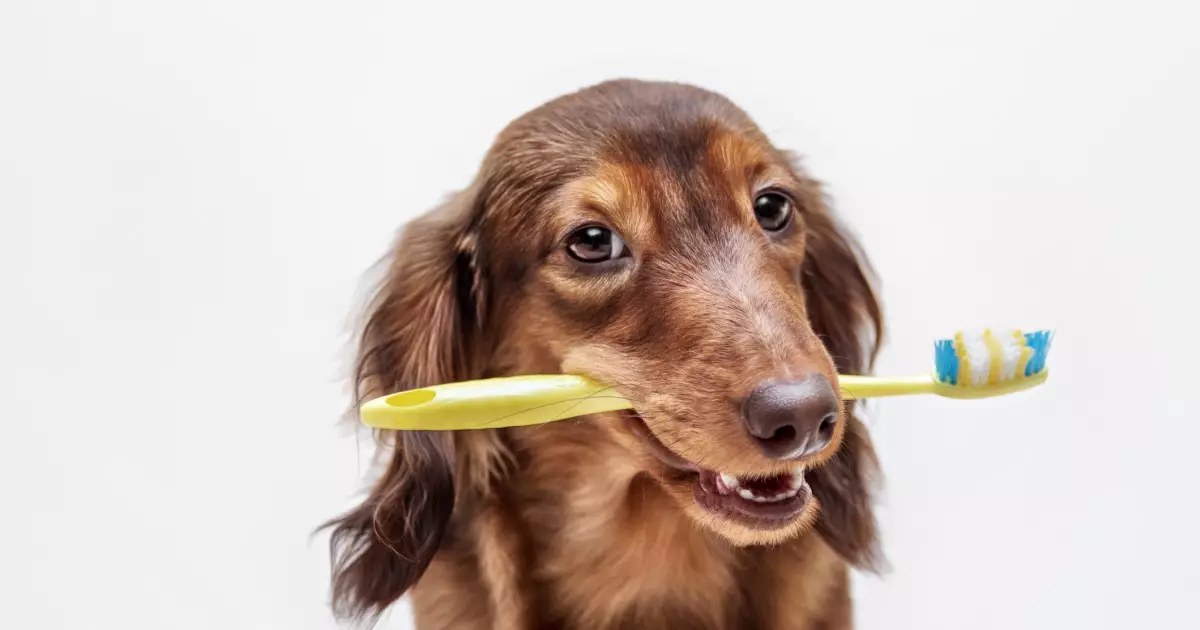Maintaining optimal dental health for our canine companions is often overlooked, yet it is as crucial as any other aspect of their overall wellness. Tartar buildup and gingivitis pose serious threats to dogs, leading to conditions that can jeopardize their quality of life. In this article, we will dive into the importance of dental hygiene for dogs and provide actionable tips that every pet owner should know.
Veterinarians frequently encounter dogs suffering from dental issues, primarily due to inadequate oral hygiene. Dental neglect can escalate to severe health complications, including gum disease and periodontal disease. Without attention, these conditions can result in tooth loss or even bacterial infections affecting critical organs such as the heart, liver, or kidneys. Recognizing the importance of dental health for dogs is the first step in prevention. Regular veterinary check-ups and at-home dental care routines can go a long way in ensuring your dog leads a healthy and happy life.
One of the most effective ways to maintain your dog’s dental health is through regular brushing. Initiating this practice may require patience and a gentle approach. Start by familiarizing your dog with having their mouth touched. Use a finger brush initially, gently making contact with their teeth and gums. Gradually progress to brushing in soft, circular motions. It’s crucial to use toothpaste specifically designed for dogs, as human toothpaste can contain harmful ingredients that may endanger your pet’s health.
Reinforce the experience by rewarding your dog post-brushing with a treat, a play session, or a walk. This encourages a positive association with the tooth brushing routine, making it easier to incorporate into your daily tasks. As your dog becomes more comfortable with brushing, transition to a dog toothbrush, as recommended by your vet. Small, toy, or brachycephalic dog breeds often require more frequent brushing. Establishing a daily routine will help acclimate your dog and significantly enhance their dental health.
Nutrition plays a fundamental role in maintaining your dog’s oral health. Discuss dietary choices with your veterinarian to ensure your dog’s diet supports strong teeth and healthy gums. Avoid sharing sugary human foods, which pose risks not only for dental health but also for overall wellbeing.
Opt for dog-approved treats that promote dental health or consider incorporating raw fruits and vegetables like carrots into their diet – these can help cleanse tartar buildup when chewed. It’s essential to avoid giving your dog inappropriate chewing items. Certain types of bones, especially treated ones and cooked bones, can splinter or pose choking hazards. Always consult your vet on safe chewing options to protect your dog’s teeth and internal health.
Chewing satisfies your dog’s natural instincts and promotes oral hygiene. Choose appropriate chew toys that are durable and safe, checking for any signs of wear or damage. Rope toys can also contribute positively to your dog’s dental health while providing mental and physical stimulation during interactive play. Always supervise your dog while they engage with toys to ensure their safety.
In addition to toys, consider dental chews formulated to help reduce plaque and tartar buildup. These products can serve as excellent supplements to your dog’s oral hygiene routine, offering an extra level of protection against dental diseases.
While at-home care is vital, it cannot replace professional dental cleaning offered by your veterinarian. Schedule annual or semiannual check-ups to allow for thorough examinations and cleanings. These sessions are crucial as they can detect issues that may not be visible to the untrained eye, including gingivitis or deeper dental diseases.
When discussing cleaning options, inquire about non-anesthetic dental cleanings if your dog is particularly sensitive to anesthesia. However, consult your vet on the efficacy of this method as it may not remove tartar buildup as effectively. Keeping on top of these professional cleanings represents a significant way to protect your dog’s overall health.
Understanding and actively managing your dog’s dental care is paramount. From at-home brushing routines to professional cleanings, each step plays a role in safeguarding your furry friend’s health. With a commitment to proper dental hygiene, you can help prevent serious health issues and enhance the quality of life for your four-legged family member.

